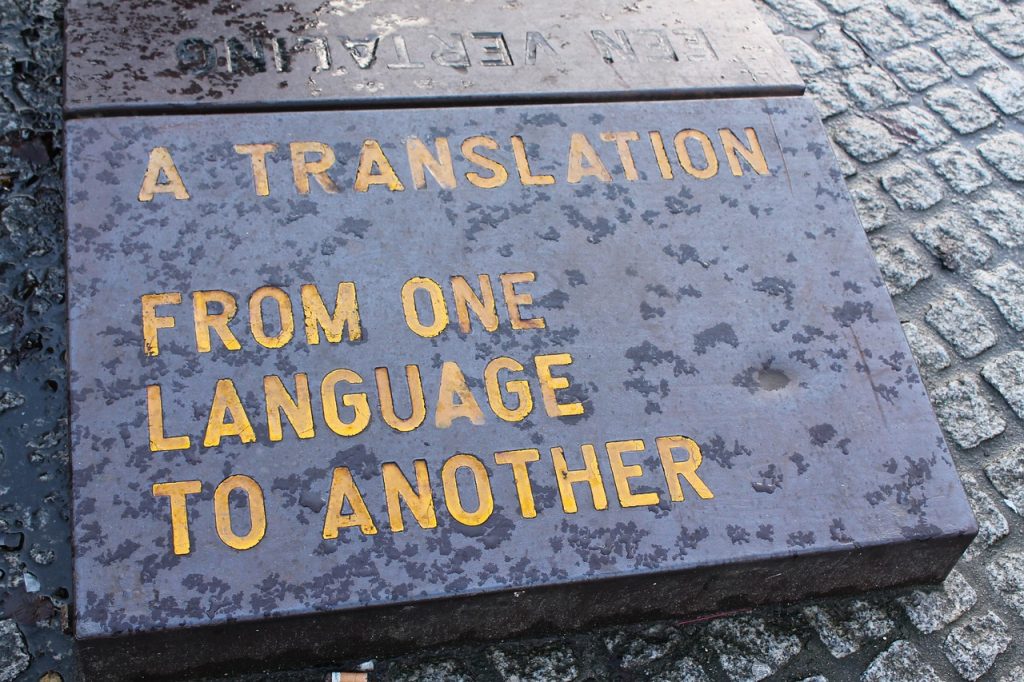In today’s interconnected world, effective communication across language barriers is more important than ever. As businesses and individuals seek to engage with diverse audiences, the demand for high-quality translation services has surged. While automated translation tools have become increasingly sophisticated, they often fall short in capturing the nuances and cultural subtleties of human language. This is where human translation services prove invaluable.
Human translation services involve professional linguists who possess not only fluency in multiple languages but also an understanding of the cultural context in which those languages are used. Unlike machines, which may produce literal translations that overlook idiomatic expressions, human translators can convey the intended meaning, tone, and style of the original text. This ability to interpret language in context ensures that the message resonates with the target audience, making human translation an essential component of effective communication.
One of the primary benefits of utilising a human translation service is the emphasis on accuracy and quality. Professional translators often specialise in specific fields, such as legal, medical, or technical translation. This expertise allows them to navigate complex terminology and ensure that the translated content adheres to industry standards. For example, a legal document translated by a qualified professional will maintain its legal integrity, which is crucial for compliance and clarity.
Moreover, human translators bring a level of cultural awareness that automated tools simply cannot match. Language is deeply intertwined with culture, and phrases that are acceptable in one context may be inappropriate or misinterpreted in another. Human translators are equipped to handle these cultural nuances, ensuring that the content is appropriate and effective for the target audience. This cultural sensitivity is particularly vital for businesses looking to expand into new markets, where a misstep in communication can lead to misunderstandings or reputational damage.
Another advantage of human translation services is the personalised approach they offer. Clients can collaborate directly with their translators, providing feedback and clarifying their needs throughout the translation process. This interaction fosters a better understanding of the client’s objectives and ensures that the final product aligns with their vision. Additionally, human translators can offer insights and recommendations based on their experience, enhancing the overall quality of the translated material.
For those seeking reliable translation solutions, it is crucial to choose a provider that prioritises human translation. A reputable service will have stringent quality control measures in place, ensuring that every piece of content is thoroughly reviewed before delivery. This commitment to excellence distinguishes human translation from automated alternatives and guarantees a higher standard of work.
In conclusion, while technology continues to advance, the importance of human translation services remains steadfast. The unique skills, cultural understanding, and personal touch that professional translators offer are indispensable for effective communication in our diverse world. For more information on how to access top-notch translation services, consider exploring resources that highlight the significance of human translation, such as human translation service. By investing in professional translation, individuals and organisations can ensure their messages are accurately conveyed across linguistic and cultural barriers.








